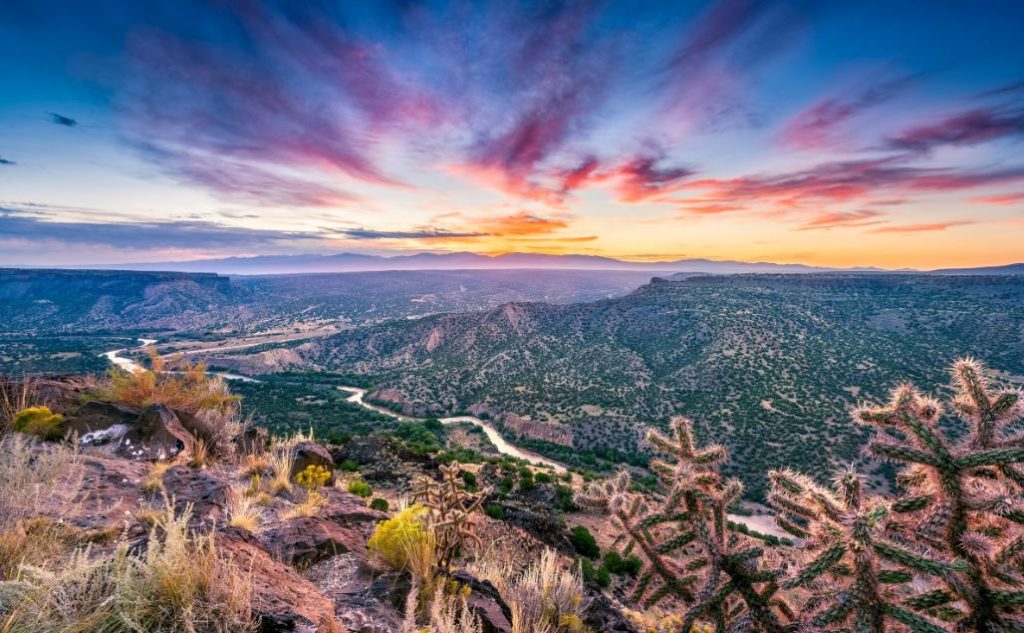Recreational cannabis is now legal in 11 states and the District of Columbia. New Mexico may soon become state number 12. On October 16th, a state-appointed marijuana working group (established by Gov. Michelle Lujan Grisham) released a series of recommendations for a recreational cannabis market.
The panel produced official recommendations for tax revenue allocation, packaging requirements, distribution limits, and automatic expungement of past possession convictions, and much more. According to working-group chair Pat Davis, the proposed guidelines were the culmination of over 30 hours of government meetings and over 200 pages of public comment.
After the governor reviews and approves the panel’s recommendations, the issue will be taken to the legislature in January for an official vote. By the first quarter of 2020, recreational cannabis may be legal in New Mexico.
If the state government votes in favor of legalization, New Mexico will become the second state to overturn recreational cannabis prohibition without voter approval. In 2018, Vermont became the first state to legalize cannabis without a public ballot measure.
What Legalization Might Mean for New Mexico
According to the report produced by the working group, cannabis legalization is estimated to result in more than $60 million in tax revenue just in the first year. Elected officials in support of legalization note that this revenue would bring valuable income to the state without raising taxes. The revenue would go toward education, law enforcement, public health programs, and housing.
Of course, the proposal isn’t without its critics. Opponents of the measure argue that the downsides would outweigh any tax benefits. For instance, although recreational purchase and use would only be legal for people over 21 years of age, some are concerned that widespread cannabis sales and cultivation might result in easier access for minors.
And then there are the safety concerns. Although it’s not possible to overdose on marijuana, some worry about possible long-term health effects as well as the public safety impact. For example, it’s still difficult to test for THC at a traffic stop, leading some to worry about the potential for dangerous driving conditions. Research has shown that states with legal use have not experienced significant increases in road hazards.
The Likelihood of Legalization
If the governor approves the recommendations of the panel, it’s likely that the state will vote to legalize recreational cannabis in January. The state legislature is predominantly Democratic and in support of legalizing and taxing the drug. In addition, New Mexico residents support legalization by a wide margin. According to one survey, as many as 69% of residents are in favor.
It’s still too soon to tell exactly what will happen, but it’s looking more and more like you’ll soon be able to light up freely in the Land of Enchantment.

